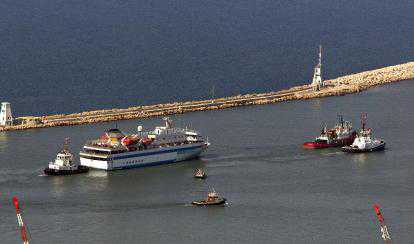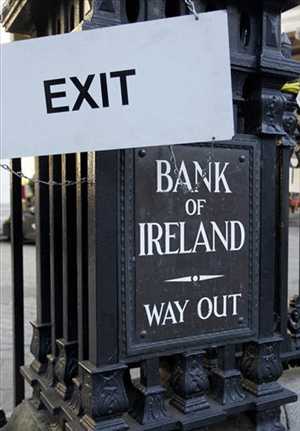ISTANBUL – Hürriyet Daily News
The eurozone is in need of “immediate structural changes” if it is to prevent a possible domino effect related to the current debt crisis, according to prominent Greek and Turkish academics.
Speaking in Istanbul at a foreign policy forum of the Turkish Industry and Business Association, or TÜSİAD, on Friday, academics emphasized the importance of stability in the 16-member euro area. The speakers were Vassilis Pesmazoglou from Peleponnese University, Georgios Pagoulatos from Athens Economy and Trade University, investor Aristeidis Doxiadis, Hakan Yılmaz from Istanbul’s Boğaziçi University and Volkan Vural of the TÜSİAD board.
At the meeting, held according to Chatham House rules, one academic noted a previous rule that a country with a deficit higher than its gross national product could not be accepted as a full member to the eurozone. “This rule was changed for the sake of having Portugal and Spain as full members,” he said. According to the academic, this gap was also used by Greek officials.
A major reason for the crisis was “with no doubt, the irresponsibility of leaders and mismanagement of resources,” said another participant, adding that euro-skepticism in Greece is on the rise thanks to support from the unemployed youth.
“Greece might turn the crisis into the first major step of the reconstruction of its economic system,” said another speaker. “A more export-oriented economic performance might lead the way out. The Greek and Irish cases should be understood well to prevent a possibility of a Spanish crisis, which the European Union might not be able to handle.”
The eurozone cannot let Ireland, Portugal and Spain default on its debts, according to another speaker. He said that if Greece was permitted to split from the eurozone, speculators’ attention would soon turn to much larger states with formidable public deficits, including Spain and Portugal.


![Turkic news agencies meet in Istanbul [ WORLD BULLETIN- TURKEY NEWS, WORLD NEWS ] 2 Turkic news agencies meet in Istanbul [ WORLD BULLETIN- TURKEY NEWS, WORLD NEWS ]](https://www.turkishnews.com/en/content/wp-content/uploads/2010/11/37786.jpg)









